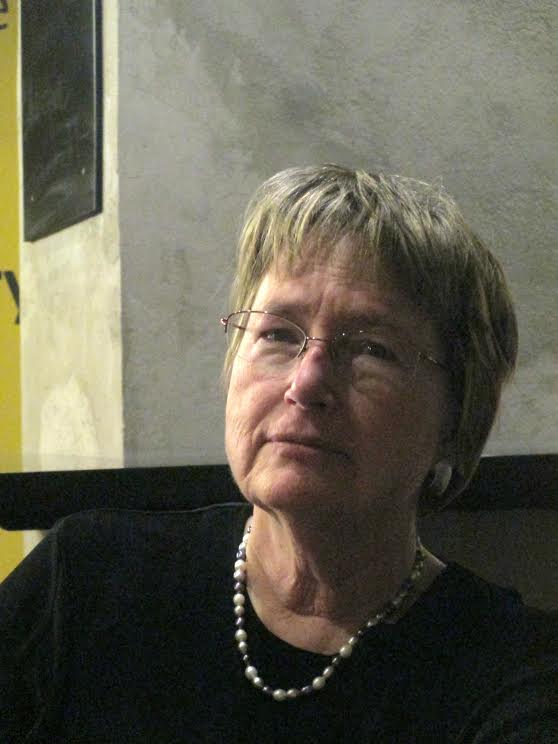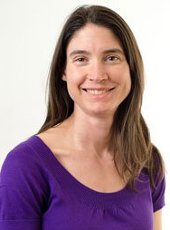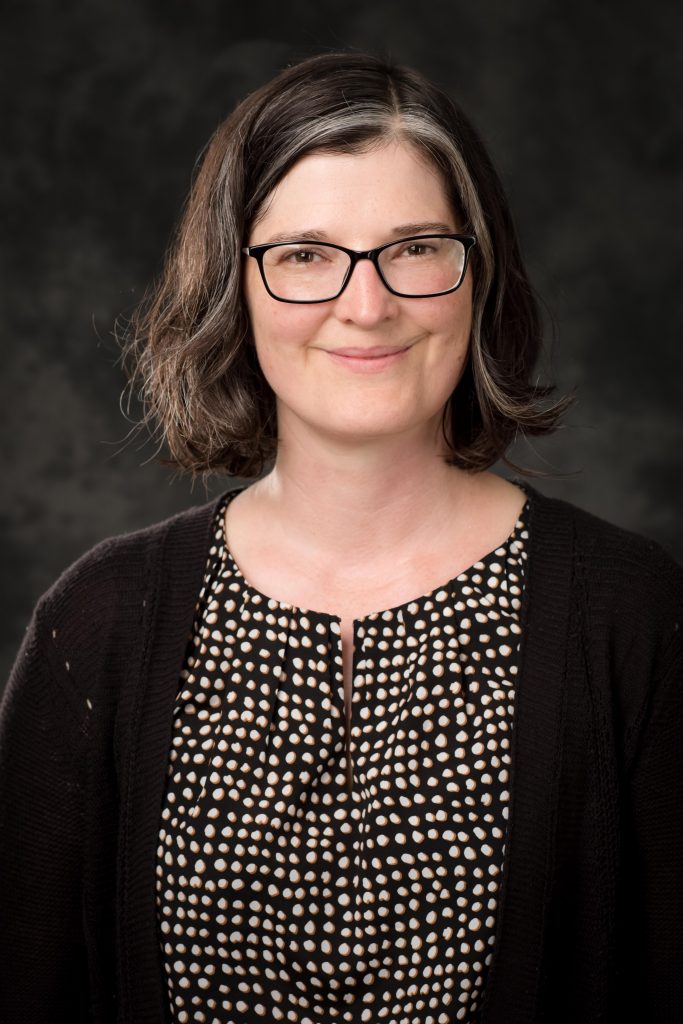Siona Beaudoin, a junior at Lake Linden-Hubbell High School, spent the past year working on a research project with Tara Bal (CFRES) Angie Carter, Social Sciences (SS). Her project focus was on the invasive fruit fly Spotted Wing Drosophila, Drosophila suzukii (SWD) and the public’s knowledge of SWD, along with their berry picking/foraging practices.
She presented her research at the Wisconsin, Upper Peninsula of Michigan Regional Junior Science and Humanities Symposium in February and qualified for the national symposium.
Recently, she virtually defended her research in the Life Sciences Poster Competition at the National Junior Science and Humanities Symposium where she was awarded third place. Beaudoin is currently summarizing the research to be published with Bal and Carter.
 Mark Rhodes has been elected to the Executive Board of the Cultural Geography Specialty Group (CGSG). As the seventh largest of the 76 American Association of Geographers specialty groups, CGSG provides a network for its 500+ members while also organizing symposia, sponsored-sessions, marquee speakers and socials, granting awards and elevating the spatially of cultural perspectives throughout the humanities, sciences, and social sciences. Rhodes will serve a two-year term as Nominations Director.
Mark Rhodes has been elected to the Executive Board of the Cultural Geography Specialty Group (CGSG). As the seventh largest of the 76 American Association of Geographers specialty groups, CGSG provides a network for its 500+ members while also organizing symposia, sponsored-sessions, marquee speakers and socials, granting awards and elevating the spatially of cultural perspectives throughout the humanities, sciences, and social sciences. Rhodes will serve a two-year term as Nominations Director.
 Alumnus Brad Barnett (EEP PhD), Adam Wellstead, and Michael Howlett (Simon Fraser University) published a paper in the journal Energy Research and Social Science titled
Alumnus Brad Barnett (EEP PhD), Adam Wellstead, and Michael Howlett (Simon Fraser University) published a paper in the journal Energy Research and Social Science titled  Professor Emerita Mary Durfee (SS) published a commentary “Existential Security: Lessons from the Pandemic and Arctic,” on the
Professor Emerita Mary Durfee (SS) published a commentary “Existential Security: Lessons from the Pandemic and Arctic,” on the  Adam Wellstead co-authored a piece with Paul Cairney titled
Adam Wellstead co-authored a piece with Paul Cairney titled  Richelle Winkler (SS) recently published “Exporting Consumption: Lifestyle Migration and Energy Use” in the journal Global Environmental Change. This paper is the result of her collaboration with Costa Rican colleagues during her sabbatical year. The article is available
Richelle Winkler (SS) recently published “Exporting Consumption: Lifestyle Migration and Energy Use” in the journal Global Environmental Change. This paper is the result of her collaboration with Costa Rican colleagues during her sabbatical year. The article is available 